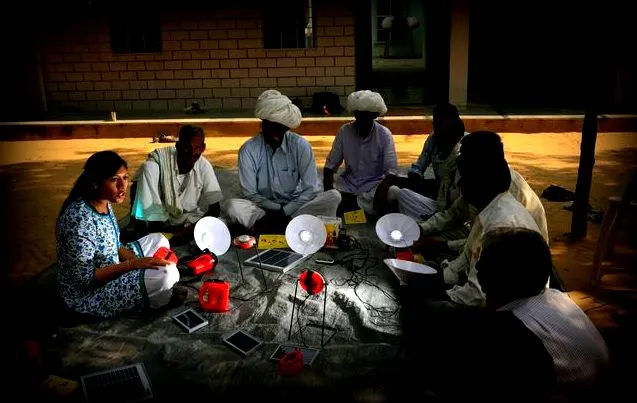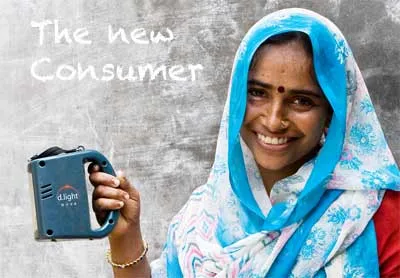Frontier Markets: A Lesson in Rural Product Positioning and Marketing
Differentiating between targeting Rural Poor and Rural Markets
When a modern day product company wants to take a product to the consumer, brands try to understand their market by learning about their likes, dislikes, pain points, preferences etc before they actually entering them. Do companies adopt the same approach with respect to the rural poor?
Ajaita Shah having worked in 11 out 28 states in India says, “It is just about statistics and numbers we know when it comes to the rural poor. We don’t give them options, letting them make informed decisions like the way we do with urban consumers. To serve them, you need to know them not just with statistics but actually get to know them as consumers.”
Addressing the Rural Market with Frontier Markets

What came out of this thought was an interesting model that approaches rural poor as a studied market and not people who are catered to, based on statistics on economic status. The rural populations in India are market savvy and invest after careful evaluation of the product.Ajaita Shah’s learning from the mistakes of FMCG brands addressing these markets led to the formation of Frontier Markets in 2010 focusing on last mile distribution of products by different manufacturers. The products are essentially clean energy products.
Ajaita believes that brands can convince the rural population to buy but the problem lies in converting them into repeat customers. This is especially the case with solar products. People know that solar products have existed for almost 20 years now. But Ajaita’s field experience shows that people don’t trust these products anymore. These products are supposed to last for 10 years or more but when these products break down in 6 months, there is no servicing available to fix them. This has led to loss of faith among customers
How does Frontier Markets Solve this Problem?

Frontiers Markets creates its branch with field staff (Jeevan Sahyogis) who can build channel relationships to get access to different kinds of customers. They don’t focus on selling products but selling the brand of Frontier Markets that will be there for the customers especially when they need help.“If they can’t see your shop then they don’t trust you. This has been the case with solar products in the past. This means that we will have to sell and run. We slowed down on selling products and also started servicing the products so then they trust us to solve their problems even without a shop,” shares Ajaita Shah, CEO & Founder, Frontier Markets. After careful market study of the rural market’s requirements and challenges, Frontier Markets offer a catalogue of solar products including lanterns, home lighting, fan etc. They are now also pushing for solar invertors and street lights.
- They have partnered with microfinance institutions, Anganwadi workers, NABARD, women groups etc
- Currently have 3200 customers
- 35% of the customers are repeat customers
- 2 states – Andhra Pradesh and Rajasthan
- 10,000 customer database
- 14 member team with 3 core members – Ajaita Shah, Daniel Tomlinson – Co-Founder/VP and Akshita Baxi – VP of Strategic Marketing and Field Operations
- Revenue model: margins from product sales and market research, product testing and insights for manufacturers
Leveraging ICT for Customer Engagement & the Future
Frontier Markets creates a digital database around every customer along with the details of the products that they have bought so far. This data is leveraged to provide customer support, product information and efficiency tracking through mobile phones. Every product has a unique mobile number for customers to message/call when they face a problem with the product. “People are starting to understand that it is important to create a basket with multiple products along with their distribution. People and organisations from other states see that they can replicate the model by working with us,” concludes Ajaita. This social enterprise plans to go the franchise way to scale their business.







